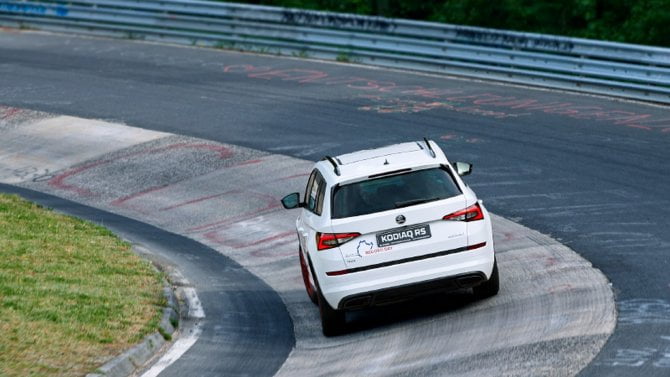...
PRAGUE, March 9 (Reuters) - Czech economic growth slowed but still beat market expectations in the fourth quarter, re-inforcing perceptions that the country's maturing expansion will bring higher interest rates later this year.
Gross domestic product (GDP), a broad gauge of the country's output, extended a moderate slowdown from a peak in late 2005 to advance at a 5.8 percent annual clip in the final quarter of the last year, data showed on Friday.
Full-year growth reached 6.1 percent, the same pace as in 2005. The rate was double the 2.9 percent growth in the European Union last year, helping Czechs to extend the trend of a gradual narrowing of a wealth gap with richer west European neighbours.
The fourth-quarter figure outpaced a 5.2 percent expansion predicted by analysts polled by Reuters but both the crown currency and the bond market shrugged off the figures.
"The number is very good. Growth will probably continue, even though I think it will stabilise at around 5 percent rather than staying around 6 percent," said Miroslav Plojhar, chief economist at Citibank in Prague.
Fourth-quarter household demand growth accelerated to 5.4 percent, and fixed capital formation, which shows investment activity, jumped by 7.6 percent. Weaker exports performance dented the GDP growth figure.
Despite the demand revival, inflation has remained low in part thanks to a strong crown currency and the central bank (CNB) has held interest rates at 2.5 percent, the lowest in the EU and a record 125 basis points below the euro zone equivalent.
The CNB has paused since tightening policy by a total of 75 basis points between October 2005 and September 2006 to prevent robust growth from fuelling inflation.
CONVERGENCE IN 2017?
Rebounding household expenditure, a consumer credit boom and the prospect of sustained economic growth at around the 5 percent trend rate have led investors to look for a further, albeit moderate, tightening sometime in the second half of 2007.
"The fast growth in household consumption obviously smells of inflation, but it will not fuel inflation in itself. However, if the crown weakened, it would pose an inflation risk. This brings pressure on a rise in interest rates," said Plojhar.
The full-year growth put the Czechs ahead of fellow ex- communist central Europeans Poland and Hungary, but behind the regional star Slovakia whose white-hot economy expanded by 8.3 percent, one of the fastest rates in the EU.
Analyst Ales Michl of Raiffeisenbank said the Czech economy, the most advanced among the four regional economies converging towards the richer EU core, was at 79 percent of the average of the 27-member EU as measured by GDP per capita.
"With GDP per capita rising by at least 3.5 percent a year, we will reach the EU average by 2017," he said.
"We are about 0.5 percentage points above potential. I would expect the central bank to gradually raise interest rates towards 3 percent at the end of the year," he added.
The crown was flat at 28.145 per euro by 0915 GMT.
((For a TABLE with GDP figures, click on [ID:nPRA001189]))
(Additional reporting by Jan Lopatka)
((Editing by David Christian-Edwards; prague.newsroom@reuters.com; Reuters Messaging: jan.lopatka.reuters.com@reuters.net; +420-224 190 474))
Keywords: CZECH GDP/




 Koupili si dům u závodního okruhu v Mostě, pak si začali stěžovat, že tam jezdí závodní auta a je tam hluk
Koupili si dům u závodního okruhu v Mostě, pak si začali stěžovat, že tam jezdí závodní auta a je tam hluk
 Snad na to nebude mít Filip Turek špatný vliv. Většina řidičů se na českých silnicích cítí bezpečně
Snad na to nebude mít Filip Turek špatný vliv. Většina řidičů se na českých silnicích cítí bezpečně
 Kola místo papežského stolce: Dopravní historie hlavy katolické církve
Kola místo papežského stolce: Dopravní historie hlavy katolické církve
 Youtuber vzal na Ring obyčejnou Škodovku. Byl by schopný překonat oficiální rekord automobilky
Youtuber vzal na Ring obyčejnou Škodovku. Byl by schopný překonat oficiální rekord automobilky
 Policie vyráží na koledu. Velikonoční dopravně bezpečnostní akce startuje dnes a končí v pondělí
Policie vyráží na koledu. Velikonoční dopravně bezpečnostní akce startuje dnes a končí v pondělí
